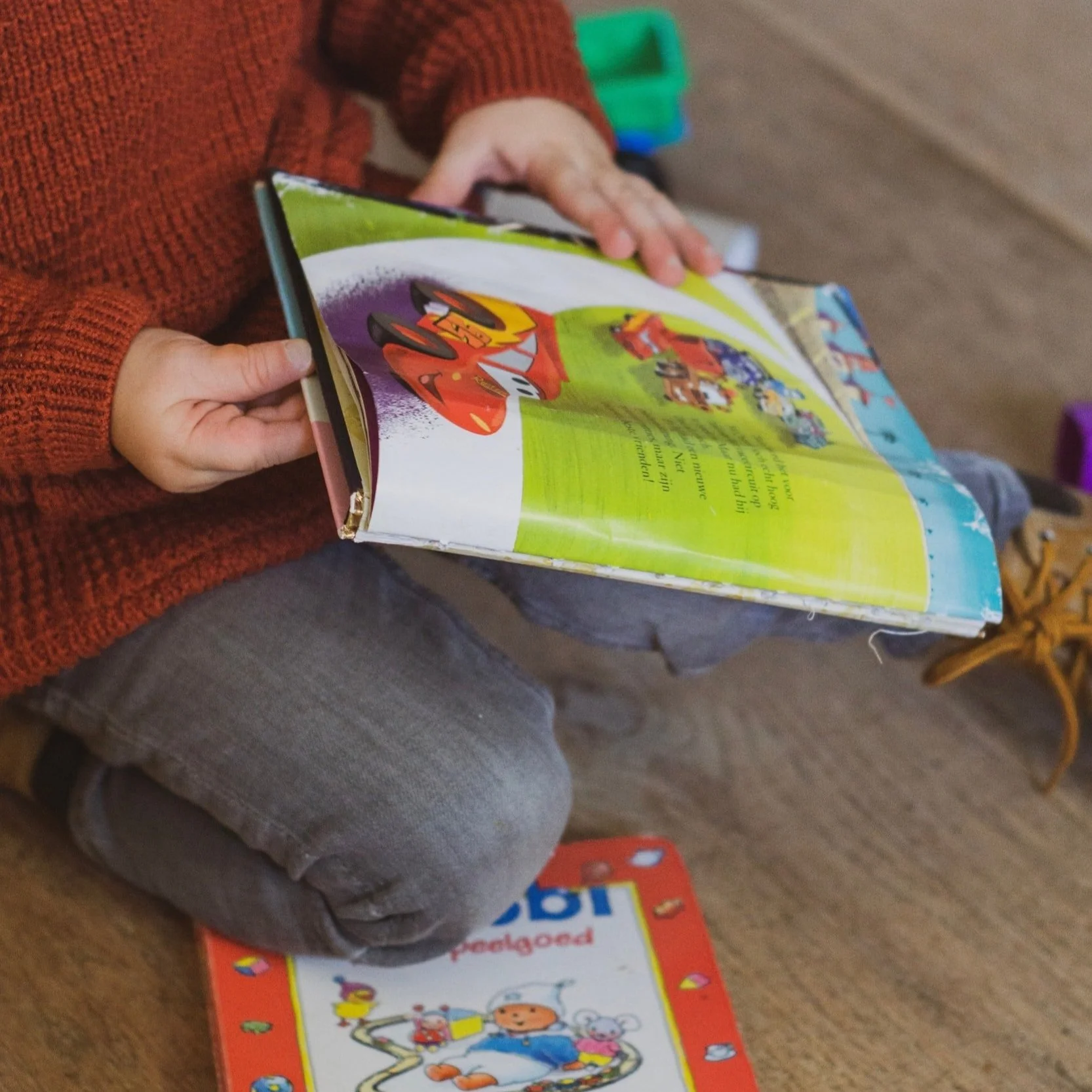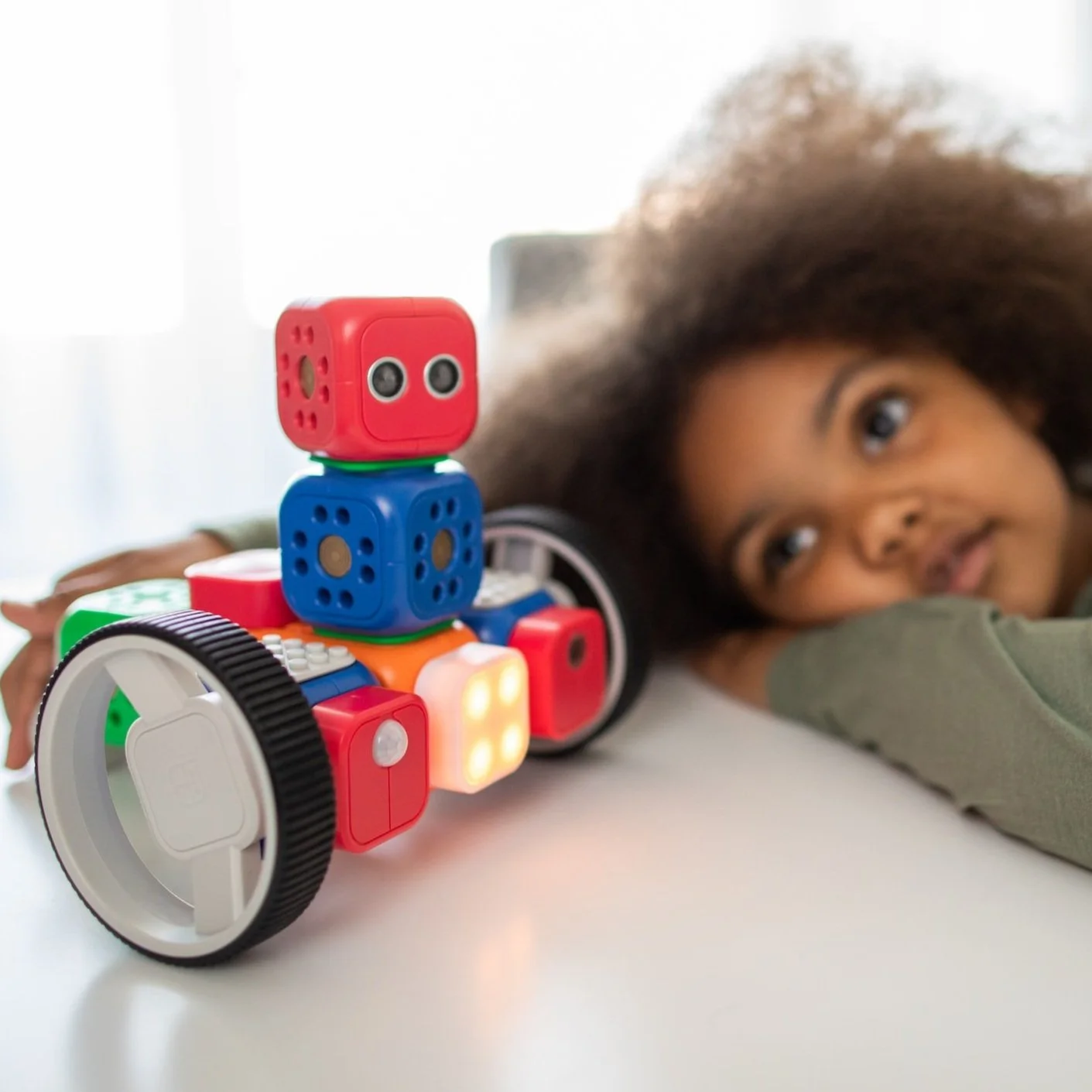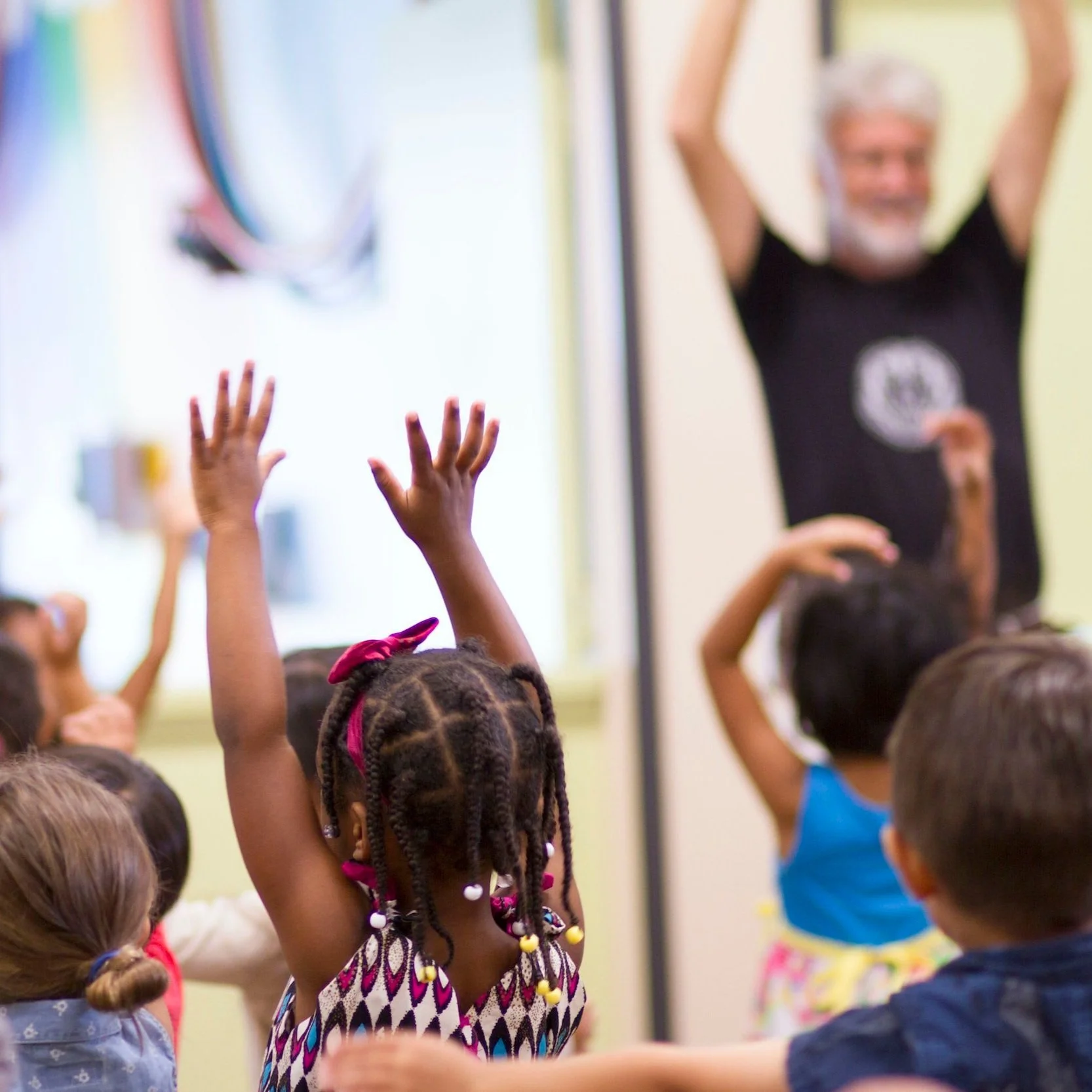
Supporting Children’s Development
3-5 years old
The home-school relationship and collaboration continues to play an essential role in our young students’ learning and development. Preschoolers have acquired more language as they are older. As a result they will express their feelings and ideas with longer, more detailed and complex phrases. Children explore topics of interest in greater depth in which they develop individual and group project studies. Through a natural exchange about the child’s work, developmental and school readiness skills are targeted. The classroom teachers are experts at tuning into and promoting each child’s developmental progress as they observe, interact and document children’s work throughout the day. They initiate conversations, comment on the child's work, and ensure a variety of materials are available.
Social Emotional
ECB’s curriculum supports self chosen and child directed play intentionally so that young children acquire a sense of independence and competency. Throughout their school day, children will make choices and work in small and large groups, as well individually. Preschool children will identify feelings, and begin to develop strategies with adult support to communicate their emotions to communicate and manage their emotions. Preschoolers also notice similarities and differences. These observations lead to discussions that promote self discovery and awareness and knowledge of the immediate community, as well as the world.
Language & Literacy
Children’s books in both English and Spanish will be available throughout their classroom as well as their library. Children’s words are important and teachers are responsive to questions, ideas and explanations. Teachers listen attentively to their verbal and nonverbal communication which informs their instruction.
Math & Science
Similarly preschool children practice and develop their math and science through the use of hands-on materials and sensory experiences in nature and the classroom. They differ from the toddlers as they dive into topics more in-depth and build upon their knowledge from the pre-experiences in the toddler classroom as well as explore new topics. They are encouraged and motivated to ask questions, explore and experiment to make meaning. Through the use of manipulatives they practice counting, adding and subtracting, sort by sizes, shape and color. They measure and compare objects as well. They create more complex patterns all during their work time which includes peer and teacher facilitated discussions that encourage them to question and problem solve.
Art, Music & Movement
Art, Music and Movement serve as a tool for children to communicate in addition to verbally. Children express their emotions, create stories, pretend, as well as practice and strengthen their motor skills like jumping, running, and self regulation like controlling when and how to slow down, being still and moving quickly.






